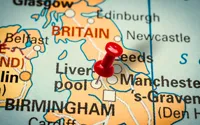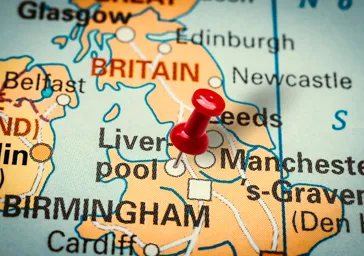Find A Verified Clinic
Trusted Scalp Reduction Surgery Experts, Local to You
Easily connect with qualified, verified professionals for safe, reliable treatment.

No verified clinics found near Vaynor.
Explore Clinics Near You on the Map
See exactly where verified Scalp Reduction Surgery clinics are located across Vaynor.
Zoom in, pan around, and click any marker to view each clinic’s profile, read reviews, and check their credentials before you book.

Your Scalp Reduction Surgery Questions
Real Questions from Real People, Answered
Straightforward answers to the questions people like you are asking right now about Scalp Reduction Surgery.

Loose scalp treatment
Loose scalp can I ask if there anything I can do
Loose scalp
Loose scalp can I ask if there anything I can do
To view all the Scalp Reduction Surgery questions, please click here.
Or click here to ask your own question.
Stay Informed with the Latest Aesthetic News & Offers
Join our free newsletter to receive updates on the latest treatments, safety guidance, and exclusive clinic offers near you.
No spam, just expert insights and trusted advice from the UK’s leading aesthetics directory.

